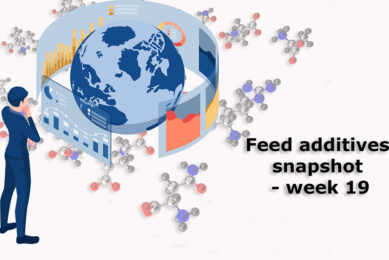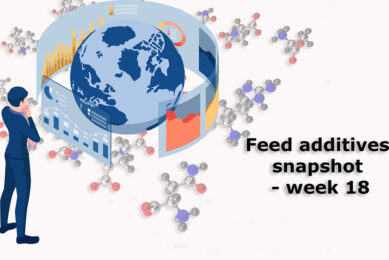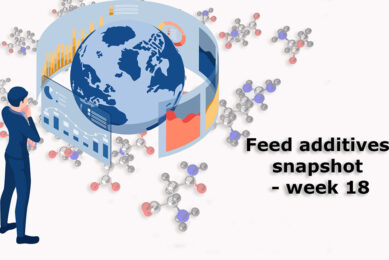Kenyan farmers hit hard by rising feed cost of feeds
Dairy farmers in Kenya are squeezed by the escalating cost of animal feed, forcing some to revert to homemade provisions to stay afloat.
The rise in the cost of animal feed has also pushed up milk shelf prices, increasing the burden on consumers.
According to players in the milk sector, there is a shortage of ingredients used in animal feed, and this has triggered a surge in prices.
The Association of Kenya Feed Manufacturers (AKFM) says this is among the challenges facing the industry.
Hampering dairy growth
Players in the milk sector are concerned with the escalating cost of animal feed as high prices threaten to stifle the growth of the dairy farming in the country.
“What is happening is strange, and animal feed manufacturers need to explain. Since the beginning of the year, the prices for animal feeds have been adjusted three times,” said Brookside Limited general manager John Gethi, who is in charge of milk procurement and extension services.
He said animal feed that cost Sh1400 (€14.85) a few weeks ago is now selling for Sh2000 (€17.47) and above.
Milling over capacity
According to AKFM, there are over 80 provender millers with a total installed annual capacity of more than 700,000 tonnes; but they only produce a total of about 400,000 tonnes of concentrated feed every year.
Poultry feed constitutes 56%, cattle feed 32%, pig feed 9% and other types that include pet, horse and fish food, 3%. According to their estimates, the industry has a turnover of about Sh7 billion (€61.2m) every year.
The value of manufactured feeds increased by 14.3% in 2010, partly attributed to increased usage due to drought.
From December 2010, the cost of animal feeds has increased three times from Sh1300 to Sh1500 in January, and the same is selling at Sh1800 currently, said a retailer informed.
Despite the surge in production cost, milk sales increased by 26% in 2010, which stemmed the decline experienced in 2008 and 2009.
The milk production swings are dictated by the rain patterns that increase grass and water availability, hence increasing the milk production.
Kenya Dairy Board, however says milk production has started to stabilise, with the processors able to secure the amount of the milk they require.










